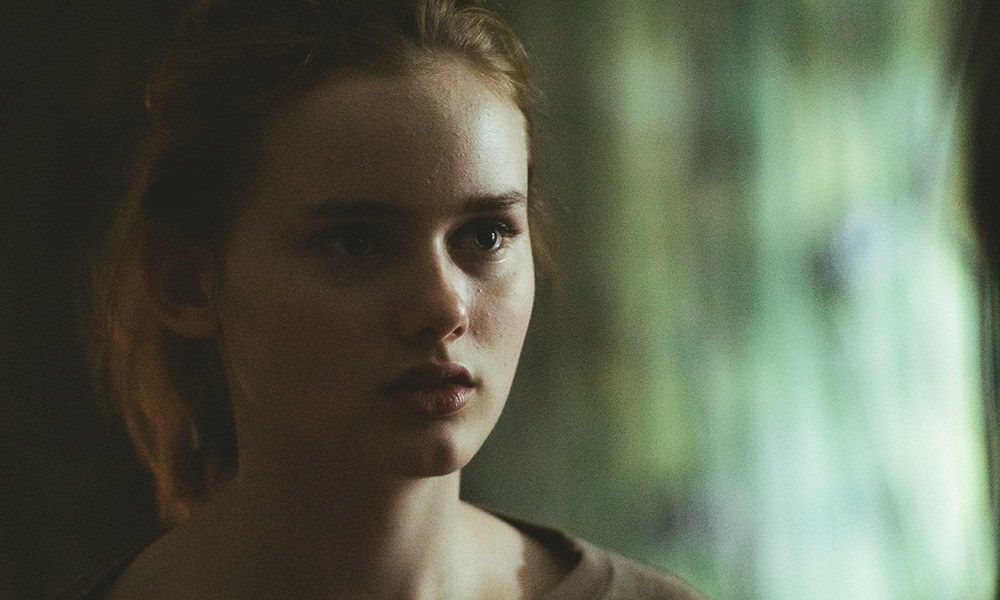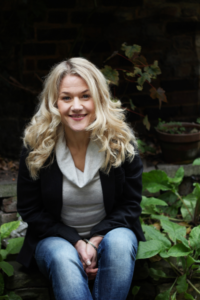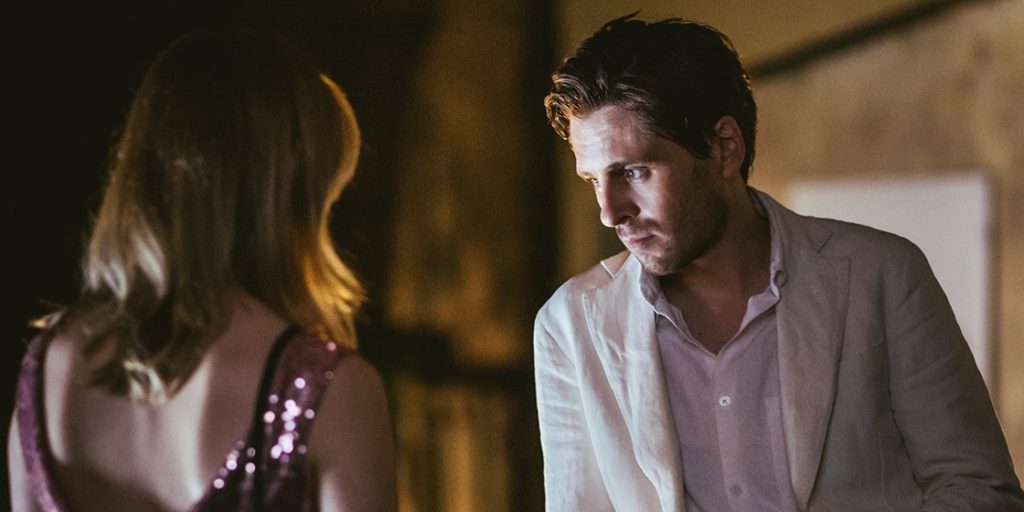
Phoenix Interview: Camilla Strøm Henriksen
“It’s very important to have somebody who believes in you or who sees you, like in the film, they don’t really have the parents but they have each other if you have one person that can help a lot.”
 We sat down with PHOENIX director Camilla Strøm Henriksen to talk about her debut feature film which had it’s World Premiere at TIFF.
We sat down with PHOENIX director Camilla Strøm Henriksen to talk about her debut feature film which had it’s World Premiere at TIFF.
You can see PHOENIX at this year’s Toronto International Film Festival, screening as part of Discovery on September 15th at 12:00PM.
Tell me a little about yourself and how you got into filmmaking
Camilla Strøm Henriksen: I started out as an actor. I was an actor for many years, both in theatre, film and television in Norway. After doing that for many years I realized that it wasn’t satisfying in a way. I then made a short film, without any money really, I just did it and had the right people helping me. And that experience, I felt ‘this is good, I want to direct, I like that.’ [laughs]
I wanted to tell stories, basically. Then I went to the London Film School, and coming back from London I started to work in television right away. I directed a soap [opera] for a few years while developing my own projects and I started with the script for this film, Phoenix, 12 years ago. So quite soon after film school, I started working on the idea for this film. So my background is really acting.
Where did the idea for Phoenix come from?
CSH: I had strong images as a starting point of two children lost in the wood holding hands and it was very dark images. These images have a power to them, for me. I didn’t really know the story yet and I didn’t even know the characters yet but they were two children. From that image, I started to write scenes that were emotionally connected to that image.
I soon realized that I was writing scenes taken from my childhood but very loosely based. The situations I’ve experienced. And then I wrote more scenes, some close to my childhood and some very different, more fictionalized. From that, I built the narrative and it ended up being the script for this film.
When you say you saw a picture, was it something that came into your mind or did you physically see an image?
CSH: No, no, it came to my mind. The image kept coming to me from my own subconscious.
You mentioned the film took 12 years to create, what was that process?
CSH: I think that’s quite common with independent projects. It always has taken a long time. Nowadays it’s really hard to get a film to the big screen. But I obviously didn’t work on this every day for 12 years. It was difficult to get producers on board, so I was shopping around, after having written the first draft or the second draft. They were all kind of skeptical to the project because it was a dark story, there were children as the main characters but it was meant for grownups, already a problematic film, [laughs] not commercial.
Even those that liked the film wanted me to be more genre about it, make it a children’s story or horror or thriller. I didn’t really want to because for me there were different elements to the film. I didn’t want it to be a genre piece, or mainstream or a realistic kitchen sink drama. I think that’s the reason why it took so long to get it off.
And then I met people who really believed in me, like David Yates, a British director who did Harry Potter, Fantastic Beasts and Where to Find Them, and he, at a certain point, after I had been working on the script and trying to get it off the ground, he said he would help me to get it to the screen. He has been mentoring me on this project.
I really believe in mentorship, I think it’s such a good and important thing, where you learn from someone more experienced. It’s very important to have somebody who believes in you or who sees you in a way, like in the film, they don’t really have the parents but they have each other, if you have one person that can help a lot.

What was the best advice David Yates gave you?
CSH: I think the best advice he gave me was to understand or realize that there might not be a prize at the end of your journey. There may never be a prize or reward so you have to enjoy the making, the process. I think that was a turning point for me because nobody wanted to do the project, and I thought ‘Is there any point in doing this?’ There is a point if you really enjoy the process.
Phoenix has some fantasy elements, can you speak about those and why you decided to add them in?
CSH: Interesting, because when I started to work on the film 12 years ago, that was when Pan’s Labyrinth came out. I love, I love that film. That was a great inspiration and obviously, that is a fantasy film, but I felt that it is such a great melodrama. Which for me is really quite profound and it’s about an abandoned child.
Another film that was quite inspirational to me is an old film, an American film called The Night of the Hunter. It also plays strongly on horror elements but is still a melodrama. As a child, it is very hard to cope with the fact that your parents betray you or abandon you or are mentally ill. As a child, you want to believe in your parents.
Because the film is a subjective film, told from the girl’s point of view, you see the world through her eyes. By having these fantasy elements, it’s an externalization of her feelings, her fear and her feeling of resentment for the mother, which she can’t really admit. That’s how fairy tales use externalization because it’s easier to cope.
*This post was originally featured on The MUFF Society.*

